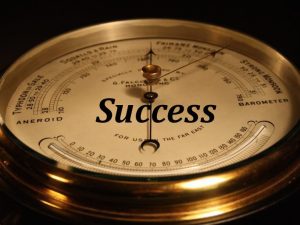
Every day at Fedcap, we strive to find solutions to help people overcome barriers to economic well-being. While to some extent economic well-being is subjective, we measure economic well-being by having enough income to pay bills, enough income to cover emergencies (that always come up), and enough income to build a future. We also understand that economic well-being involves a more nuanced ability of an individual to participate in the commerce of society—purchasing goods and services, having a place to call home and creating a future for children that is better than the generation before. Stigma, inadequate access to education, lack of behavioral and physical health care, unsafe or unstable housing, little to no personal support and limited job opportunities create barriers to economic well-being.
Trying to design effective solutions to overcoming these barriers is complex work. One size—one solution—does not fit all. For example, if economic well-being meant simply finding a person a job, then all of our government, agency, business, and organizational energies would be focused on that and nothing else. But it is more complicated and demands precise interventions sequenced in the right way, delivered at the right time. Because there is no emphasis on economic well-being as the backdrop for economic policy, the task falls on mission driven agencies like Fedcap and many others to lead the way.
The multi-faceted nature of economic well-being demands that we design, test and refine laser focused and wholly integrated solutions that blend health, education, and employment within a message of hope and possibility. Were we to approach solutions in a less integrated, less intentional manner, we would miss the opportunity (and some might say the obligation) to create relevant and sustainable impact. For example, veterans come to us to help them find a job. But they also come to us with PTSD, physical disabilities, family issues, housing needs –each that must be addressed if we they are to achieve economic well-being. A job is not the goal—economic well-being is the goal.
What if our collective societal energy were geared toward building a platform for economic well being for everyone? What if economic well-being was the barometer for national achievement? What would happen if our policies, our leadership, our systems and our social fabric were woven around the attainment of economic well-being?
As always, I welcome your thoughts!